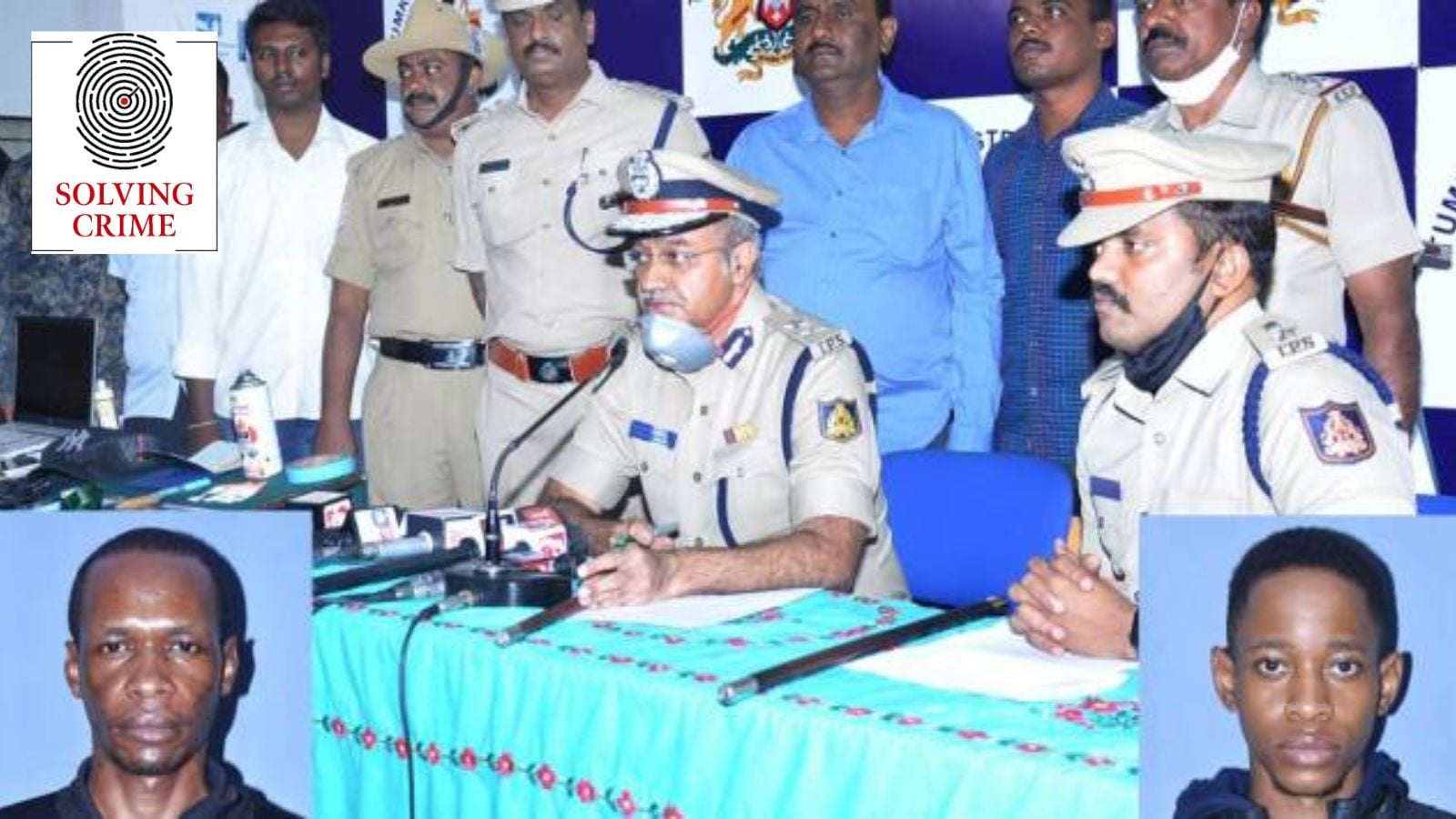In the year 2020, as the world grappled with the challenges posed by the Covid-19 pandemic and governments urged citizens to stay indoors, a small district in Karnataka found itself at the center of a startling case of cybercrime. Within a short period of time, the district reported a total of 63 cases of skimming, resulting in financial losses amounting to around Rs 30 lakh.
Initially taken aback by the sudden surge in skimming incidents, the police quickly sprang into action. A dedicated probe team, which included an engineer-turned-constable named K U Harish, was instrumental in cracking the case within a span of two months. The team’s relentless efforts and innovative investigative techniques played a crucial role in unraveling the complex web of cybercrime.
Skimming, a prevalent form of cybercrime, involves the unauthorized theft of sensitive information such as credit card numbers and login details from ATMs using illegal devices. In the bustling city of Bengaluru, the police had encountered numerous instances of skimming, particularly due to the presence of unmanned ATMs. However, during the pandemic, the scamsters expanded their operations to target smaller towns, leading to a spike in such incidents.
The arrests of two individuals residing in Delhi in connection with the skimming cases not only helped the Karnataka Police solve the local crimes but also uncovered the presence of an international criminal gang operating across different cities in the country. The scale of the operation and the sophistication of the modus operandi pointed to a well-organized criminal network spanning multiple regions.
The town of Tumakuru, situated 76 km from Bengaluru, which was known for its rich history and agricultural heritage, suddenly found itself at the center of a financial scam that shook the community. Victims reported unauthorized withdrawals from their bank accounts, with the perpetrators managing to siphon off a substantial amount of money in a short span of time. The sheer audacity and precision with which the crimes were committed left the local law enforcement authorities perplexed.
The meticulous investigative work carried out by the police, under the leadership of former district Cyber Crime, Economic Offences, and Narcotics (CEN) wing police inspector M V Sheshadri, shed light on the intricate details of the skimming operation. The use of sophisticated devices to capture card data at ATM kiosks and the seamless transfer of funds across different states showcased the level of planning and coordination involved in the criminal activities.
One of the key breakthroughs in the case came when Constable K U Harish proposed a novel method of analyzing active mobile phone numbers in the areas where the crimes were reported. This innovative approach led to the identification of key suspects and eventually culminated in their apprehension in a dramatic chase across multiple cities. The use of technology and data analytics played a pivotal role in tracking down the culprits and bringing them to justice.
The successful conviction of the two accused individuals, Ivan Kabonge and Lawrence Makamu, and their subsequent sentencing to eight years’ imprisonment by the Second Additional District and Sessions Court of Tumakuru highlighted the commitment of the judiciary in combating cybercrime. The significant impact of the case prompted banks to enhance their security measures by transitioning from magnetic strip technology to more secure microchip technology in ATM cards.
Overall, the swift and efficient handling of the skimming case by the Karnataka Police not only safeguarded the financial interests of the victims but also served as a deterrent to potential cybercriminals operating in the region. The collaborative efforts of law enforcement agencies and the use of cutting-edge technology underscored the importance of staying vigilant in the face of evolving cyber threats in the digital age.


